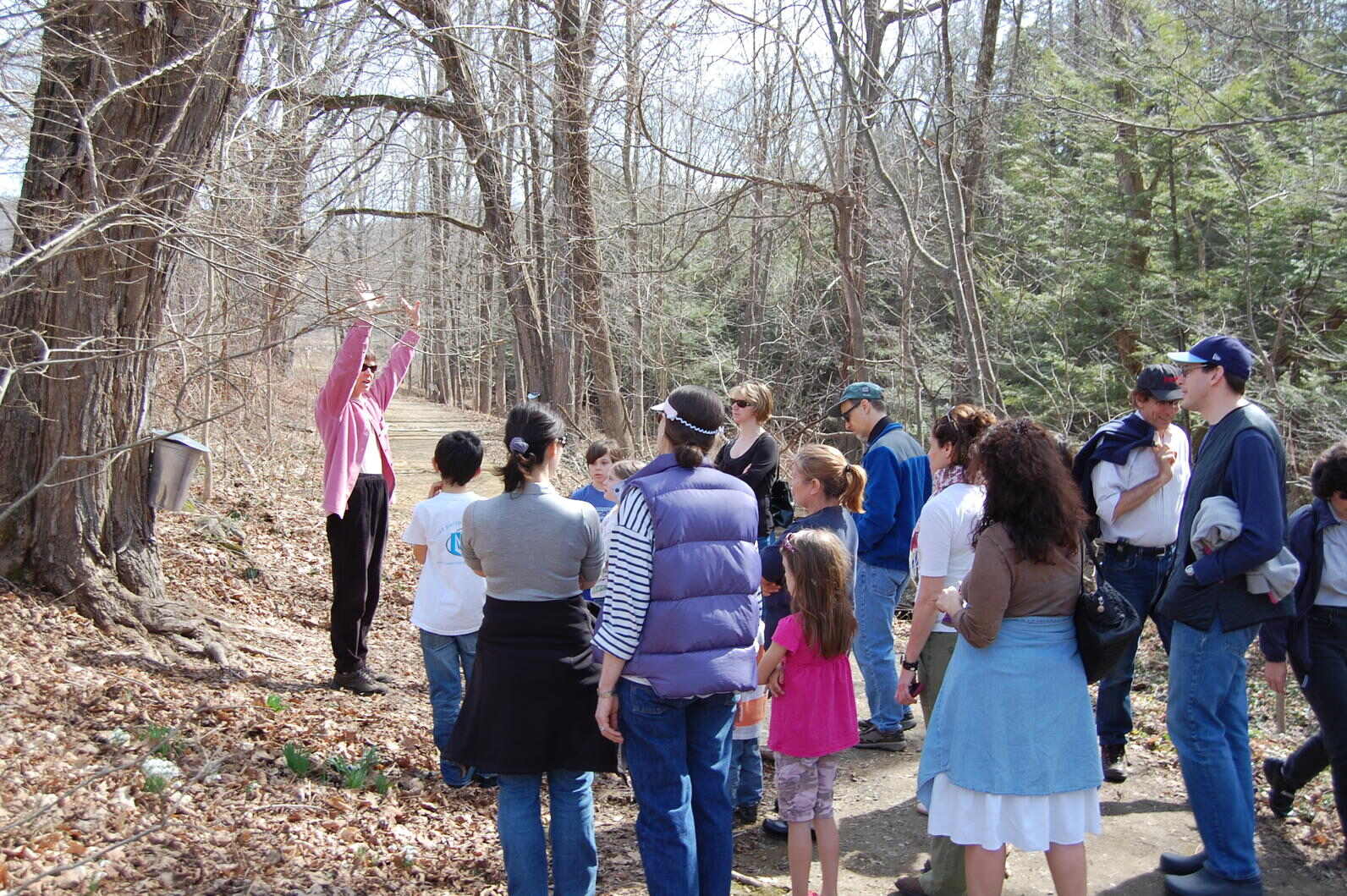
Environmental education is a crucial field that plays a pivotal role in creating awareness and understanding about our natural world. Environmental educators are passionate individuals committed to connecting people with nature, providing valuable knowledge about the environment, and instilling a sense of appreciation and responsibility for the planet.
In this article, we will explore the fascinating world of environmental educators and uncover 11 intriguing facts about these dedicated professionals. From their diverse backgrounds to their innovative teaching methods, environmental educators are dedicated to inspiring change and shaping a more sustainable future. So, let’s dive in and discover the incredible work that these educators do to promote environmental awareness and foster a love for nature.
Key Takeaways:
- Environmental educators are passionate about teaching people how to protect the planet and inspire future leaders to take care of the Earth.
- They use fun activities, technology, and outdoor experiences to help people learn about the environment and make positive changes for a sustainable future.
Environmental educators play a vital role in raising awareness about environmental issues.
These dedicated professionals are passionate about educating individuals and communities on the importance of preserving and protecting our planet. By promoting sustainable practices and teaching others about the impact of human activities on the environment, environmental educators help create a more eco-conscious society.
Environmental educators utilize various teaching methods to engage learners.
From hands-on activities and field trips to interactive workshops and online platforms, environmental educators employ a wide range of educational techniques to captivate their audience. By making the learning experience fun, interactive, and relatable, they inspire others to become active participants in environmental preservation.
Environmental educators possess a diverse range of expertise.
These professionals come from various backgrounds, including biology, ecology, environmental science, and education. Their multidisciplinary knowledge enables them to cover a wide range of environmental topics and provide comprehensive educational programs.
Environmental educators work in a variety of settings.
From schools and universities to nature centers, museums, and non-profit organizations, environmental educators can be found in various environments. They adapt their teaching strategies to cater to different audiences, age groups, and learning environments.
Environmental educators inspire future generations.
By instilling a sense of environmental responsibility and encouraging sustainable practices, environmental educators empower younger generations to become stewards of the Earth. Their efforts help shape the mindset and actions of future leaders and decision-makers.
Environmental educators collaborate with other professionals and organizations.
They often work closely with scientists, conservationists, policy-makers, and community leaders to promote environmental awareness and implement necessary changes. By forming strategic partnerships, environmental educators amplify their impact and create a collective effort towards a greener future.
Environmental educators use technology to enhance the learning experience.
With advancements in technology, environmental educators incorporate digital tools, virtual reality experiences, and interactive online platforms into their teaching methods. This allows them to reach a broader audience and create immersive learning experiences.
Environmental educators advocate for policy changes.
Recognizing the importance of environmental policies in promoting sustainable practices, environmental educators often engage in advocacy efforts. They contribute to the development of policies and regulations that support environmental conservation and address pressing issues such as climate change and biodiversity loss.
Environmental educators promote outdoor education.
They recognize the value of hands-on experiences in nature and encourage students to connect with the environment firsthand. By organizing outdoor activities, field trips, and nature-based programs, environmental educators foster a deeper understanding and appreciation for the natural world.
Environmental educators empower individuals to take action.
They not only provide knowledge but also motivate individuals to make positive changes in their daily lives. From reducing waste and conserving energy to supporting sustainable practices and advocating for environmental causes, environmental educators inspire individuals to become active agents of change.
Environmental educators contribute to a sustainable future.
By equipping individuals with the necessary knowledge and skills, environmental educators play a crucial role in building a sustainable future. Their efforts have a ripple effect, creating a collective impact on environmental conservation and helping shape a greener and more sustainable world for generations to come.
Conclusion
Environmental educators play a vital role in promoting awareness and understanding of environmental issues. They have a deep knowledge of the environment and are skilled at imparting that knowledge to others in engaging and meaningful ways. Whether working in schools, nonprofit organizations, or government agencies, environmental educators have the power to shape the minds and actions of individuals towards a more sustainable and environmentally conscious future.
By harnessing their expertise and passion, environmental educators inspire individuals to take action, make informed choices, and contribute to the well-being of our planet. Their work has a ripple effect, creating a positive impact on the environment, communities, and future generations.
FAQs
1. What is the role of an environmental educator?
An environmental educator is responsible for providing education and raising awareness about environmental issues. They engage with individuals of all ages and backgrounds, teaching them about the importance of sustainability, conservation, and the overall health of our planet.
2. How can I become an environmental educator?
To become an environmental educator, you typically need a degree in environmental science, education, or a related field. Additionally, gaining experience through internships, volunteering, and participating in environmental education programs can be beneficial.
3. What are the key skills required to excel as an environmental educator?
Effective communication, strong knowledge of environmental science, adaptability, creativity, and a passion for nature are essential skills for an environmental educator. They must be able to engage and inspire individuals while making complex environmental concepts accessible.
4. Where do environmental educators work?
Environmental educators work in a variety of settings, including schools, nature centers, zoos, museums, national parks, and environmental organizations. They may also conduct field trips, workshops, and community outreach events.
5. How can environmental education contribute to positive change?
Environmental education equips individuals with the knowledge, skills, and motivation to make sustainable choices and take action. By empowering people to become environmentally conscious citizens, environmental education can lead to positive change in behavior, policy-making, and conservation efforts.
Environmental educators inspire us to make a difference in our world. Their tireless efforts raise awareness and empower individuals to take action for a sustainable future. If you enjoyed learning about these dedicated professionals, consider exploring more captivating topics. Delve into the importance of environmental education and awareness, and how it shapes our understanding of the natural world. Take a virtual trip to Taipei Zoo, where you'll find astonishing facts about this renowned wildlife sanctuary. Lastly, be sure to read about the incredible work of wildlife conservationists, who dedicate their lives to protecting Earth's most vulnerable species.
Was this page helpful?
Our commitment to delivering trustworthy and engaging content is at the heart of what we do. Each fact on our site is contributed by real users like you, bringing a wealth of diverse insights and information. To ensure the highest standards of accuracy and reliability, our dedicated editors meticulously review each submission. This process guarantees that the facts we share are not only fascinating but also credible. Trust in our commitment to quality and authenticity as you explore and learn with us.


